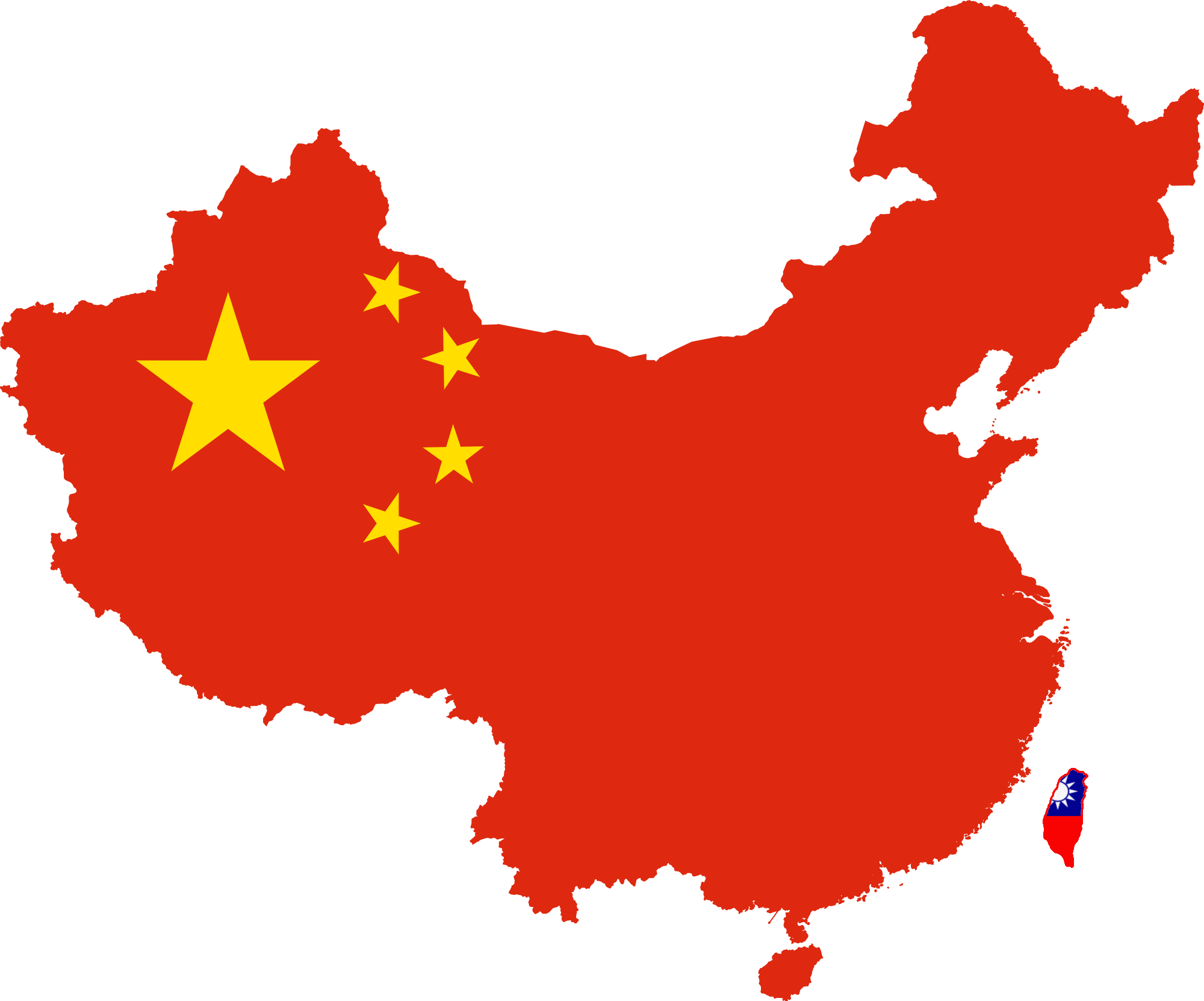John Grady

Despite China’s recent aggression toward Taiwan, former National Security Advisor H.R. McMaster argued this week that Taiwan “not an easy military problem” for Beijing to solve.
Speaking during a Hudson Institute online forum on Thursday, the retired Army lieutenant general added that Taipei could be difficult to attack across the 100-mile wide, often stormy Taiwan Strait. It’s a matter of “capability and will.”
To protest House Speaker Rep. Nancy Pelosi’s (D-Calif.) 19-hour visit this week to the self-governing island, Beijing fired missiles into Japanese waters, sent military aircraft into Taipei’s air defense identification zone and conducted large-scale live-fire exercises in the Taiwan Strait.
But all these escalating military moves from the People’s Republic of China is a “signal to the world” that Beijing could blockade or invade Taiwan, said Patrick Cronin, Hudson’s Asia-Pacific chair. He mentioned threats by Chinese Foreign Minister Wang Yi that Pelosi’s visit could lead to a slippery slope of conflict as a means of intimidating other nations.
Wang, speaking at an Association of South East Asians Nations event on Wednesday, termed Pelosi’s visit “manic, irresponsible and highly irrational.”
McMaster said he hopes that the Chinese actions give the United States a “sense of urgency when it comes to Taiwan’s future and how important the Indo-Pacific is to the United States militarily and economically.
Steps that Taiwan can take – like lengthening the time Taiwanese conscripted reservists spend on active duty, creating a territorial defense force and improving joint training for active and reserve forces – would improve Taiwan’s deterrence by denial, McMaster said.
Two years ago, Taiwanese President Tsai Ing-wen said her administration increased defense spending to 2.3 percent of its gross domestic product and was very interested in buying asymmetric defense systems ranging from mines to anti-ship missiles, as well as modernizing force structure. In the past, Taiwan had looked to the U.S. for big-ticket items like fighter aircraft to block Chinese ambitions. Its parliament approved a special $8.6 billion appropriation earlier this year in the face of Chinese naval and air incursions during the winter.
Rebeccah Heinrichs, a senior fellow at Hudson, said the time for Taipei to spend on military equipment and receive it is now. It would be far more difficult to supply Taiwan if the Chinese invaded the island, as it has been to come to Ukraine’s aid using highways and rail following the Russian invasion earlier this year, she said.
So far, McMaster has been encouraged by “Taiwan’s will” in resisting escalating pressures of a possible blockade of the island. He added that such a blockade would disrupt not only the island’s economy but also global trade in the Indo-Pacific. McMaster said a key Chinese objective is to isolate Japan from its allies and partners, which could happen under a Beijing-controlled Taiwan.
“Japan has been a real source of strength” in standing up to China over Taiwan’s future, he said. McMaster said nations in ASEAN could learn from Tokyo’s example. “The choice they’re facing is sovereignty or servitude” if they accept China as the final arbiter regionally.
Not surprisingly, “Russia has come to China’s position in this” escalation of tensions, Heinrichs added.
McMaster compared it to the 1930s, “almost like Hitler’s playbook” of authoritarian coercion in Europe and the Pacific. He said Chinese President Xi Jinping and Russian President Vladimir Putin believe that together “we will rewrite the rules” because the U.S. and its allies are weak.
For the U.S. and its allies, “it is a period of trial … to maintain resolve” as they are showing in Ukraine, he said.
Heinrichs added that Pelosi’s visit should be a “reassurance to allies” of America’s commitment to the Indo-Pacific. She added that Taipei welcomed the speaker “with open arms” and a bipartisan Congress at home supported her visit. Newt Gingrich visited Taiwan when he was speaker in the late 1990s.
The Trump Administration opened the door for more high-level U.S. official visits to Taiwan after decades following U.S. recognition of the People’s Republic of China in the 1970s.
She added that the speaker’s stopover was not the rejection of the United States’ “One China Policy,” as Beijing claimed.
“The Biden administration must embrace this visit” and “make sure there is no appearance of daylight” between the speaker and the White House and Pentagon, she said. Earlier, President Joe Biden warned of consequences that might arise over such a visit.
Heinrichs said Pelosi “holds a critical office” and showed courage in visiting Taiwan that can help Americans understand what is at stake in the Indo-Pacific for democracy and the world’s economy.
No comments:
Post a Comment